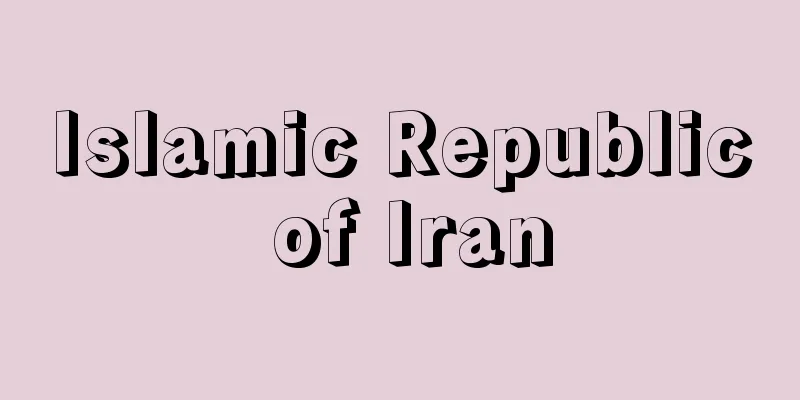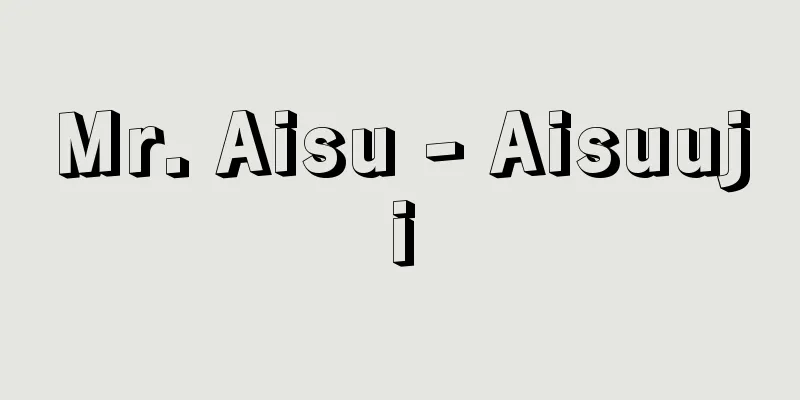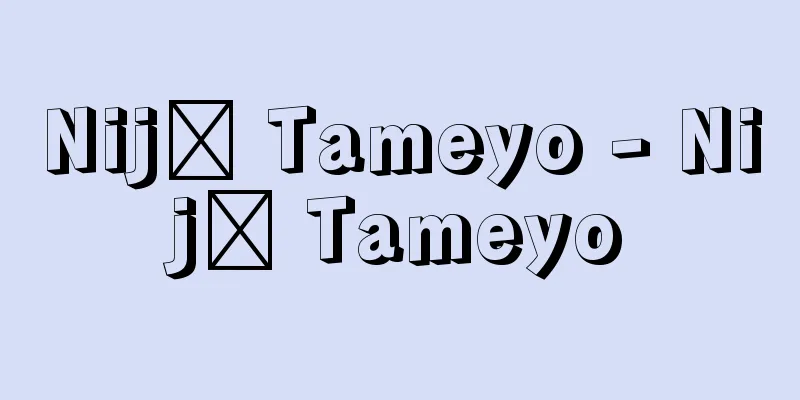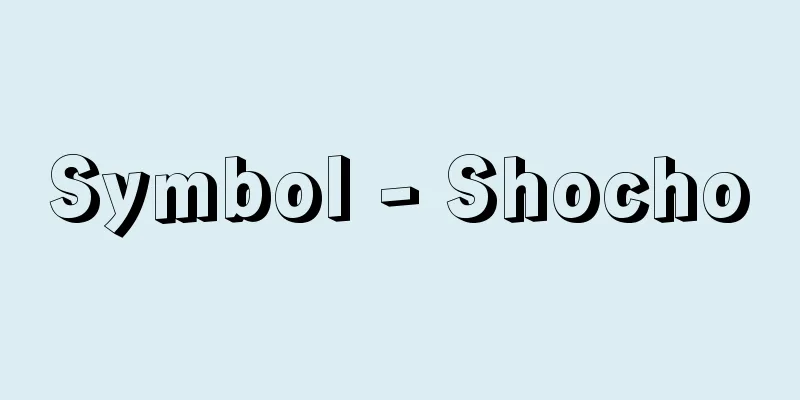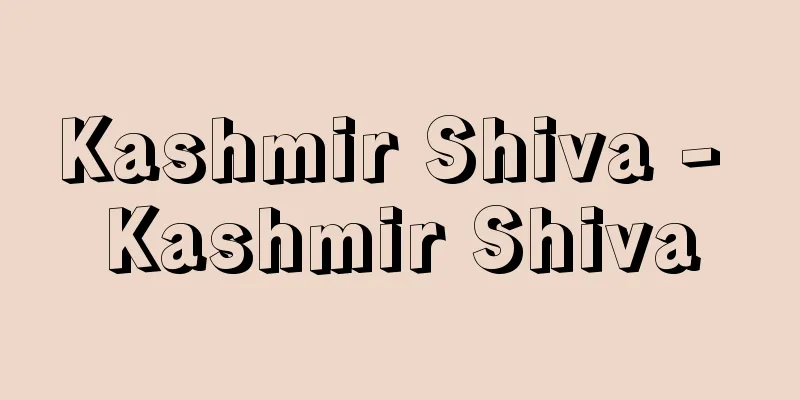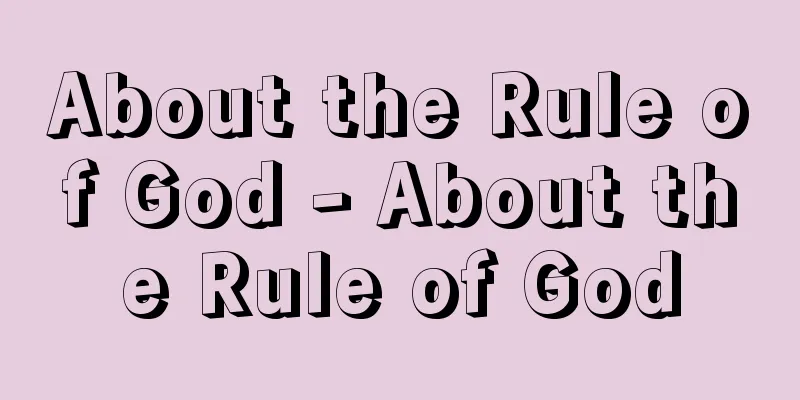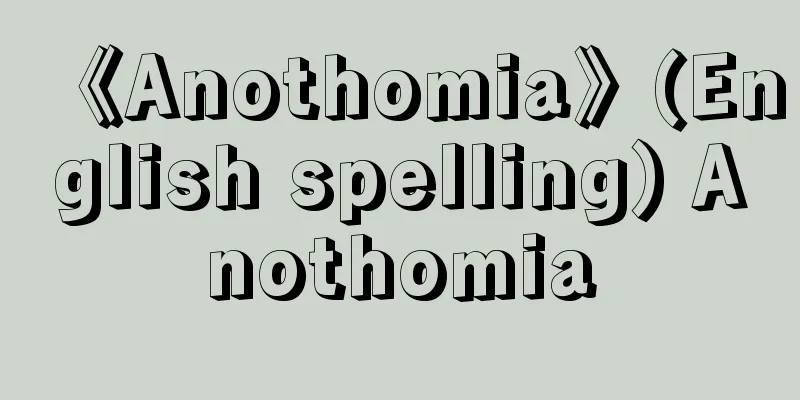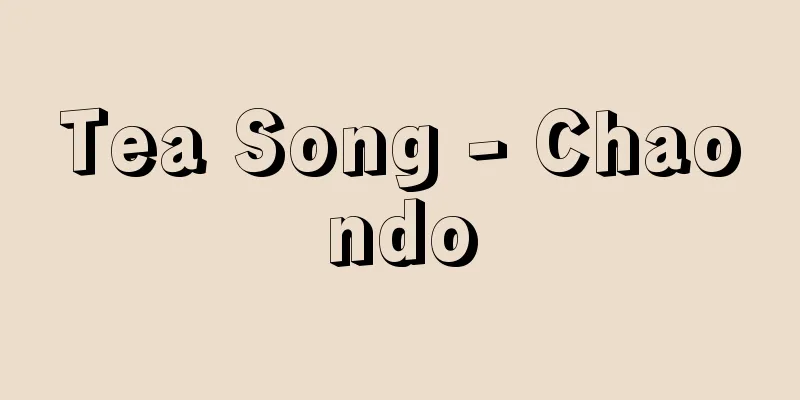Morocco
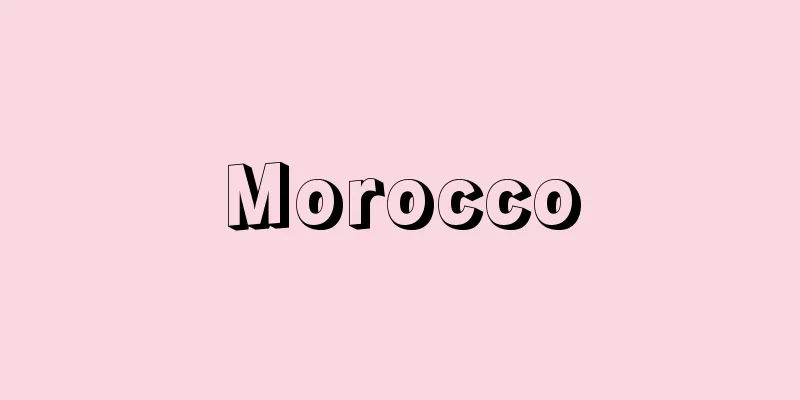
|
◎Official name: Kingdom of Morocco (al-Mamlaka al-Maghribiya/Kingdom of Morocco). ◎Area: 458,730 km2 (excluding Western Sahara, same below). ◎Population: 32.38 million (2010). ◎Capital: Rabat (1.62 million, 2004, capital area). ◎Residents: Arab, Berber. ◎Religion: Islam (Sunni, state religion). ◎Language: Arabic (official language) 65%, Berber 35%. ◎Currency: Dirham. ◎Head of state: King Mohammed VI (born 1964, ascended the throne July 1999). ◎Prime Minister: Abdelilah Benkirane (inaugurated November 2011). ◎Constitution: enacted March 1972, amended September 1996, July 2011. ◎Parliament: bicameral. The Senate (270 seats, 9-year term), the Lower House (395 seats, 5-year term). The results of the lower house election in November 2011 were: Justice and Development Party 107, Independence Party 60, Independence National Coalition 52, AMP 47, etc. ◎GDP - $86.3 billion (2008). ◎GNI per capita - $1,900 (2006). ◎Proportion of workers employed in agriculture, forestry and fishing - 33.8% (2003). ◎Life expectancy - 69.1 years for men, 72.7 years for women (2013). ◎Infant mortality rate - 30‰ (2010). ◎Literacy rate - 56.1% (2009). * *A kingdom in the northwest of Africa. The Atlas Mountains run from northeast to southwest through the center of the country, with Mount Toubkal (4,165m) being the highest point. The southeast side of the Atlas Mountains is the Sahara Desert, the northwest side is a rich agricultural region, and the Rif Mountains are located on the Mediterranean coast. The northwestern part has a Mediterranean climate, while the southeastern part has a dry climate. Agriculture and mining are the main industries, and the main agricultural products are wheat, barley, corn, and citrus fruits. In mining, phosphorus is the most abundant, and other minerals include iron, coal, manganese, cobalt, lead, zinc, silver, and oil. Cattle, sheep, and goat farming are also important, and fishing is also thriving. Since 1960, industrial development has been promoted through five-year plans. Facing the Mediterranean Sea, it is a strategic military location, and was under the control of ancient Phoenicia and Rome. In the 7th century, Arabs advanced into the area, and later Islamic dynasties flourished. In the mid-19th century, invasions by France, Spain, and other countries began, and in the early 20th century, it became a battlefield of fierce conflict between the great European powers. After the Fashoda incident, the Anglo-French Entente, and the Moroccan incident, France's dominance was confirmed, and in 1906, Tangier became an internationally administered area at the Algeciras Conference, and in 1912, the northern Mediterranean coast became Spanish territory, and the rest of the country became French territory. In 1956, Morocco annexed these three regions and achieved independence. There are strong voices calling for the return of Spanish colonies that remain in the territory, such as Ceuta and Melilla on the Mediterranean coast. In 1976, Morocco divided and annexed the long-desired former Spanish Sahara (Western Sahara) together with Mauritania. In 1979, Mauritania renounced its claim to the Sahara, and Morocco decided to occupy the entire region, but this led to guerrilla resistance and international criticism, deepening Morocco's isolation. Hassan, who had been king since 1961, died in 1999, and the crown prince became the new king, Mohammed VI. In February 2011, due to the influence of democratization movements in Tunisia and Egypt, demonstrations of several thousand people calling for "political reform" took place in major cities, and in Casablanca, people were injured in clashes with security forces. The demonstrations demanded "change" by limiting the power of the king, such as amending the constitution and making the judiciary independent. In March, the King of Morocco announced a partial amendment to the constitution and made a concession, stating that "the king will not appoint the prime minister, but the prime minister will be chosen from the party that wins the most seats in the parliament, based on the new constitution." In July of the same year, the constitution was amended to reduce the power of the king and to strengthen that of the prime minister. In the November 2011 lower house election, the Justice and Development Party, a royalist and moderate Islamic party, became the largest party, and its leader, Benkirane, was appointed prime minister of the coalition government. In July 2013, the Istiqlal Party withdrew from the government. King Mohammed VI instructed Prime Minister Benkirane to begin discussions to form a new ruling party. Prime Minister Benkirane added the National Rally for Independence (RNI) to the coalition government, and in October, the second Benkirane cabinet was formed. → Related articles Jasmine Revolution | Tatvan | Maghreb Source : Heibonsha Encyclopedia About MyPedia Information |
|
◎正式名称−モロッコ王国al-Mamlaka al-Maghribiya/Kingdom of Morocco。◎面積−45万8730km2(西サハラを除く,以下同)。◎人口−3238万人(2010)。◎首都−ラバトal-Rabat(162万人,2004,首都圏)。◎住民−アラブ系,ベルベル。◎宗教−イスラム(スンナ派,国教)。◎言語−アラビア語(公用語)65%,ベルベル語35%。◎通貨−ディルハムDirham。◎元首−国王,モハメド6世Mohammed VI(1964年生れ,1999年7月即位)。◎首相−ベンキランAbdelilah Benkirane(2011年11月発足)。◎憲法−1972年3月制定,1996年9月,2011年7月改正。◎国会−二院制。上院(定員270,任期9年),下院(定員395,任期5年)。2011年11月下院選挙結果,公正発展党107,独立党60,独立国民連合52,AMP47など。◎GDP−863億ドル(2008)。◎1人当りGNI−1900ドル(2006)。◎農林・漁業就業者比率−33.8%(2003)。◎平均寿命−男69.1歳,女72.7歳(2013)。◎乳児死亡率−30‰(2010)。◎識字率−56.1%(2009)。 * *アフリカ北西端の王国。国土の中央を北東から南西にアトラス山脈が走り,最高点はトゥブカル山(4165m)。アトラス山脈の南東側はサハラ砂漠,北西側は豊かな農業地帯となり,地中海岸にはリーフ山地がある。北西部は地中海式気候,南東部は乾燥気候。農業,鉱業が主で,主要農産物は小麦,大麦,トウモロコシ,柑橘(かんきつ)類。鉱業ではリンの産が最も多く,他に鉄,石炭,マンガン,コバルト,鉛,亜鉛,銀,石油などがある。牛,羊,ヤギの牧畜も重要で,漁業も盛ん。1960年以来五ヵ年計画によって工業の発展が図られている。 地中海に面する軍事上の要地で,古代フェニキア,ローマの支配下にあった。7世紀にアラブ人が進出,のちイスラム諸王朝が繁栄した。19世紀半ばからフランス,スペインなどの侵略が始まり,20世紀初頭にはヨーロッパ列強の激しい争いの場となった。ファショダ事件,英仏協商,モロッコ事件等を経てフランスの優位が確定,1906年アルヘシラス会議によりタンジールが国際管理地区となり,1912年北部地中海岸はスペイン領,他はフランス領となった。1956年この3地区を併合して独立した。地中海岸のセウタ,メリリャなど領域内になお残るスペイン植民地の返還を求める声が強い。1976年念願の旧スペイン領サハラ(西サハラ)をモーリタニアとともに分割・併合した。1979年モーリタニアがサハラ領有を放棄したためモロッコは全域占領へ踏み切ったものの,ゲリラの抵抗と国際的非難を招いて孤立を深めている。1961年以来国王の地位にあったハッサンが1999年死去,皇太子がモハメド6世として新国王に即位した。2011年2月,チュニジア,エジプトでの民主化運動の影響で,主要都市で〈政治改革〉を求める数千人規模のデモが起こり,カサブランカでは治安部隊との衝突で負傷者が出た。デモは憲法改正や司法の独立など国王権限の制限を求める〈変革〉を要求,3月,モロッコ国王は,憲法の一部改正を発表するとともに,〈国王は首相を任命せず,首相は,新たな憲法に基づいて,国会で最大議席を獲得した政党から選ばれる〉と表明,譲歩を示した。同年7月憲法改正によって国王の権限が縮小され,首相の権限が強化された。2011年11月の下院選挙で王党派で穏健イスラム政党である公正発展党が第一党となり同党党首のベンキランが連立政権の首相に任命された。2013年7月,イスティクラル党が政権から離脱。モハメッド6世国王は,ベンキラン首相に新たな政府与党を構成すべく協議を始めるよう指示。ベンキラン首相は,独立国民連合(RNI)を連立与党に加え,10月,第二次ベンキラン内閣が発足した。 →関連項目ジャスミン革命|タトワン|マグリブ 出典 株式会社平凡社百科事典マイペディアについて 情報 |
Recommend
Kiev Monastery of the Caves
…Russian monk. Founder of the Kiev Monastery of t...
Wei Qing
A general in the reign of Emperor Wu of the Forme...
radio play
…A drama-style program broadcast on the radio. In...
Sofronie (English spelling) Brachanski Sofronij
1739‐1813 Pioneer of the Bulgarian national reviva...
Amandous - Amandous
…Originally from Celtic, it means “fighter” or “c...
Mental Illness - Seishin Ijyou
〘 noun 〙 A state in which one's mental balance...
Electronic Components Industry
An industry that manufactures and sells parts that...
The Nagasaki Shipping List and Advertiser
The first English language newspaper in Japan was ...
Corvus frugilegus (English spelling)
… [Yukio Taniguchi]. … *Some of the terminology t...
Herman Snellen
1834‐1908 Dutch ophthalmologist. He studied medici...
Jaghun
...The central government consisted only of the c...
Take (bamboo) - Take (English spelling) bamboo
A general term for woody, perennial-stemmed plants...
Interdependence - Sougoishon
A translation of "interdependence." It b...
linear circuit
...an electronic circuit that amplifies or decrea...
Horaikyoku - Horaikyoku
Kitamura Tokoku's second collection of poems. ...
